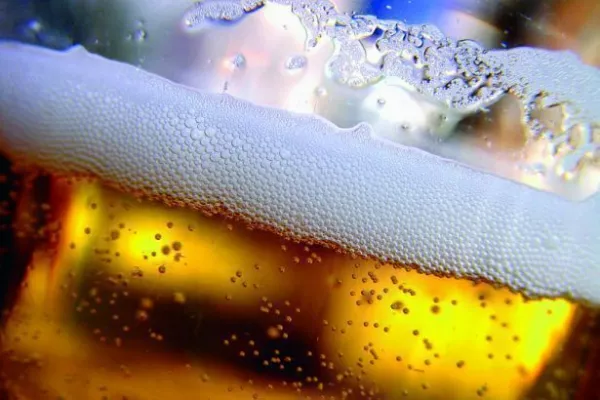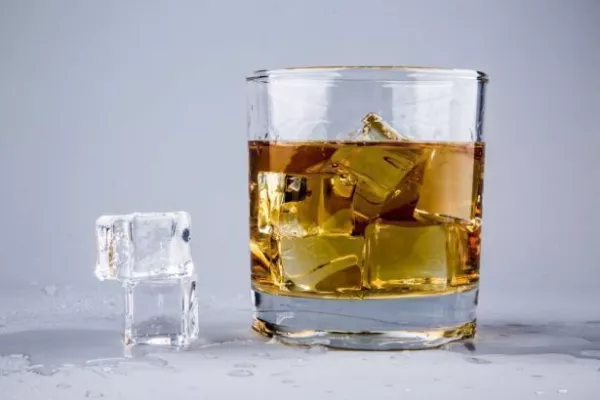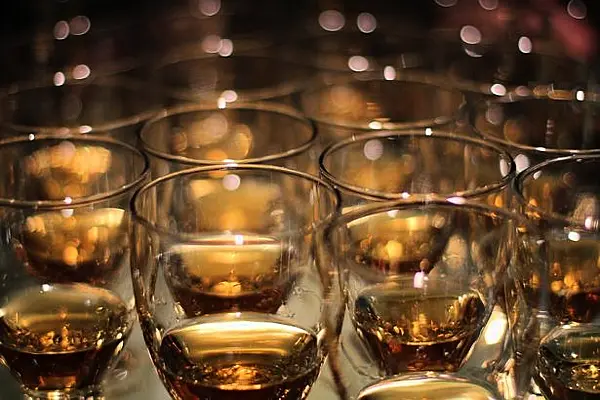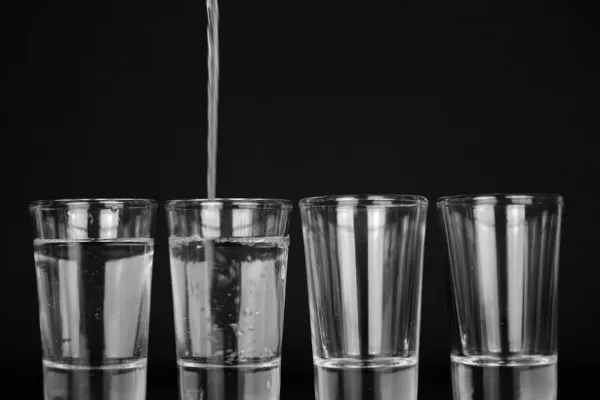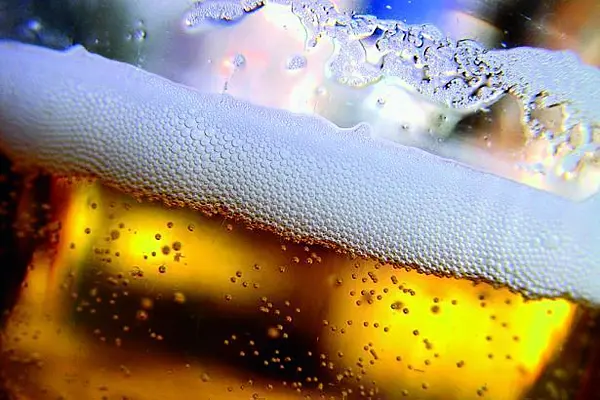Ireland’s drinks industry is one of the nation’s most dynamic and innovative sectors, with growing demand in export markets, according to the Alcohol Beverage Federation of Ireland (ABFI), which has released an overview of the industry for 2018.
Spirits High For Ireland’s Thriving Spirits Industry
In 2018, gin continued to make a splash in the domestic and export markets. According to the ABFI, the value of exports of Irish gin from the Republic of Ireland was up 213% to €4.2 million in first nine months of 2018. Irish consumers purchased over half a million bottles of pink gin during 2018, making pink gin the breakthrough success story of the year in the domestic market.
There are now over 20 gin producers and over 50 gin brands in Ireland, with 12 new brands being introduced in 2018.
Irish cream liqueur enjoyed a strong 2018 as well, after recovering from a 'lost decade' in 2017. Preliminary interim export statistics for 2018 suggest there was an export growth rate of approximately 8% for 2018, driven by strong export growth to the US. Additionally, interim retail statistics for 2018 suggest continued sustained growth of approximately 7% in the Irish off-trade for Irish cream liqueur.
The ABFI also noted that the Irish whiskey industry continued to grow last year, maintaining its position as the fastest growing premium spirits category in the world. There are now 21 operational whiskey distilleries in Ireland, up from just four at the start of the decade.
Light And Zero Alcohol Beers
The ABFI stated that beer remains Ireland’s favourite tipple, with a 45% market share of all alcohol consumed in 2017. The last few years have been marked by the craft beer revolution. This has invigorated the beer sector, which continues to introduce a plethora of new products to the market.
2018 saw the emergence of lighter lager options, hovering around 4% ABV. This year, it is anticipated that low and non-alcoholic beers will become increasingly popular.
Ireland also remains a major exporter of beer. Beer exports, by volume, rose marginally by 0.2% in 2017 and were valued at €273 million making Ireland the 8th largest beer exporter in Europe
Craft Cider
Like the beer sector, consumers are benefiting from a craft revolution in the cider sector. The ABFI said that this has resulted in unprecedented choice in pubs and on shelves.
In 2016 cider consumption accounted for 7.5% of all alcohol consumed. This grew to 7.7% by 2017.
Ireland’s Love Affair With Wine
Since 2000, the popularity of wine has grown significantly as Ireland’s love affair with wine continues. The market share for wine increased marginally from 27.6% in 2016 to 27.7% in 2017.
According to the ABFI, the sector continues to employ over 1,100 people directly while supporting thousands of other jobs in Ireland’s pubs, restaurants, independent off licences, supermarkets and hotels that sell wine.
White wine remains Ireland’s most popular wine, with a 50% share in the wine market. Red wine has a 45% market share, while between 2016 and 2017, rosé consumption increased from 3% to 5%
Despite positive growth, the ABFI warned that 2019 poses significant risks.
Excise And Public Health Alcohol Act
The ABFI said that there are a number of homegrown risks that the industry faces in 2019, namely Ireland’s disproportionately high excise rates, as well as the Public Health (Alcohol) Act.
While the Public Health Alcohol Act is now on the statute books, the ABFI stated that there remains many unanswered questions in relation to how it will be implemented. In 2019, the ABFI will be continuing its calls on the minister for health to establish an implementation group, to include the industry.
The ABFI also pointed out that Ireland’s excise on alcohol is the second highest in the EU, an said in addition to having the highest excise on wine, Irish consumers pay the second highest rate on beer, and the third highest rate on spirits. In order to support innovation and growth in the industry, the ABFI will be calling on the government to reduce this in 2019.
Brexit, Trade Wars And Tariffs
Unsurprisingly, Brexit will be a major threat to Ireland’s business community, including the all-island drinks industry, with the UK set to leave the EU in March. Additionally, the prospect of additional trade wars and tariffs are of concern.
The aggregate value of trade in drinks products between the UK and Ireland in 2017 was €364 million, one third of which, or €121 million, was the aggregate value of north-south trade, the ABFI said. While contingency plans are being put in place, the ABFI asserted that a no-deal Brexit should be avoided at all costs to minimise risks to trade flows and consumer spending.
The ABFI added that a no-deal Brexit would be seriously damaging to the all-island drinks industry, with potential consequences including immediate tariffs on cream, barley, malt, glass bottles, apples, finished cider and other supply chain inputs and regulatory and custom checks at the Irish border, leading to additional delays and costs.
Looking also at trade wars and tariffs, the US is a major market for Ireland’s drinks industry, according to the ABFI. Currently there is a 25% tariff in place on imported spirits to the EU which is damaging for our global businesses and places us firmly in the firing line for retaliation from the US at any moment.
"A Vital Contribution"
ABFI director Patricia Callan stated, "In 2018, Ireland’s drinks industry continued to make a vital contribution to the country’s economy, employing 90,000 people and exporting more than €1.25 billion worth of produce. It is one of Ireland’s most dynamic sectors, as it continues to introduce exciting products and break into new export markets.
"Meanwhile alcohol consumption continues to fall. Since 2001 the average per adult alcohol consumption has declined by 23.3% in Ireland.
"This year will be a challenging one for the sector with a number of homegrown and international risks ahead. We remain committed to supporting Ireland’s economy and will take on these various challenges and uncertainties head on."
© 2019 Hospitality Ireland – your source for the latest industry news. Article by Dave Simpson. Click subscribe to sign up for the Hospitality Ireland print edition.
